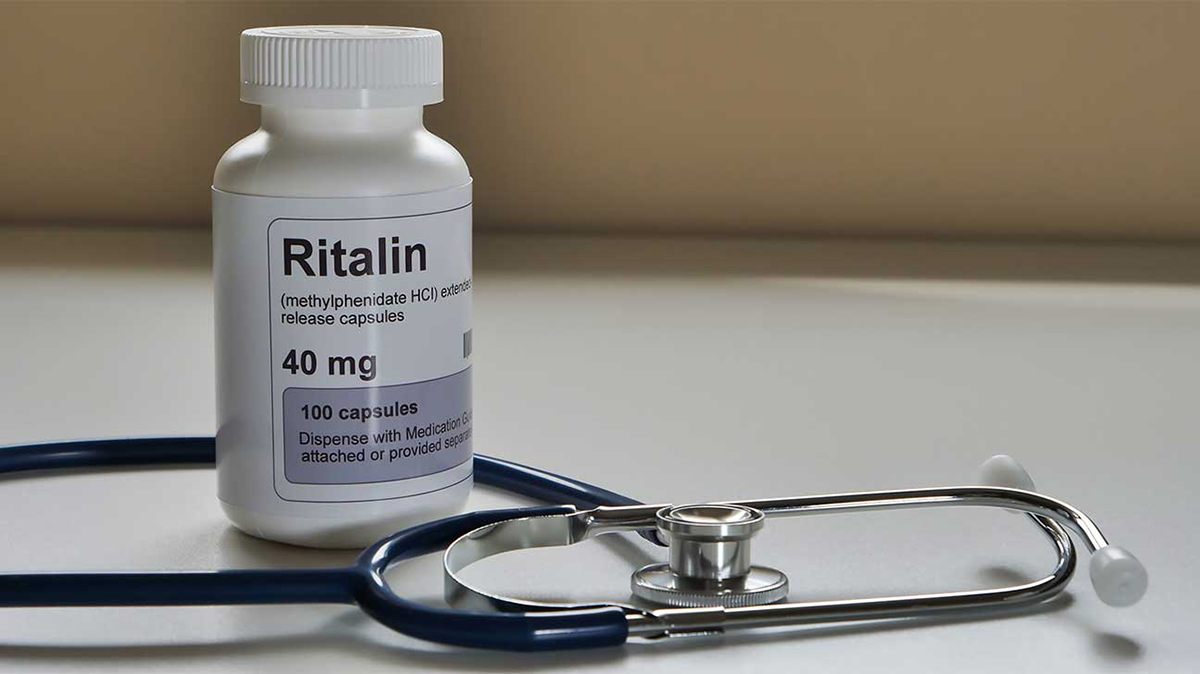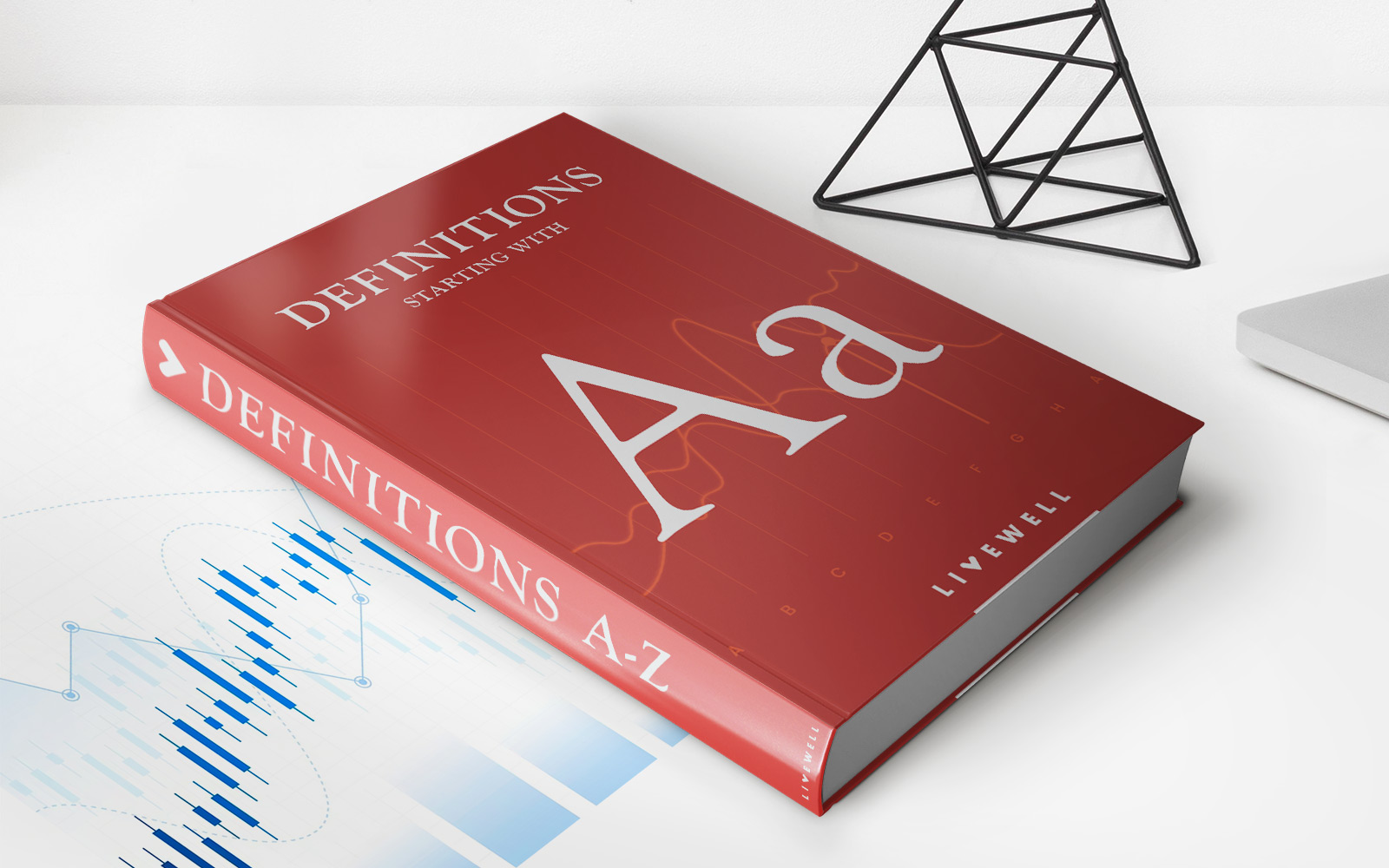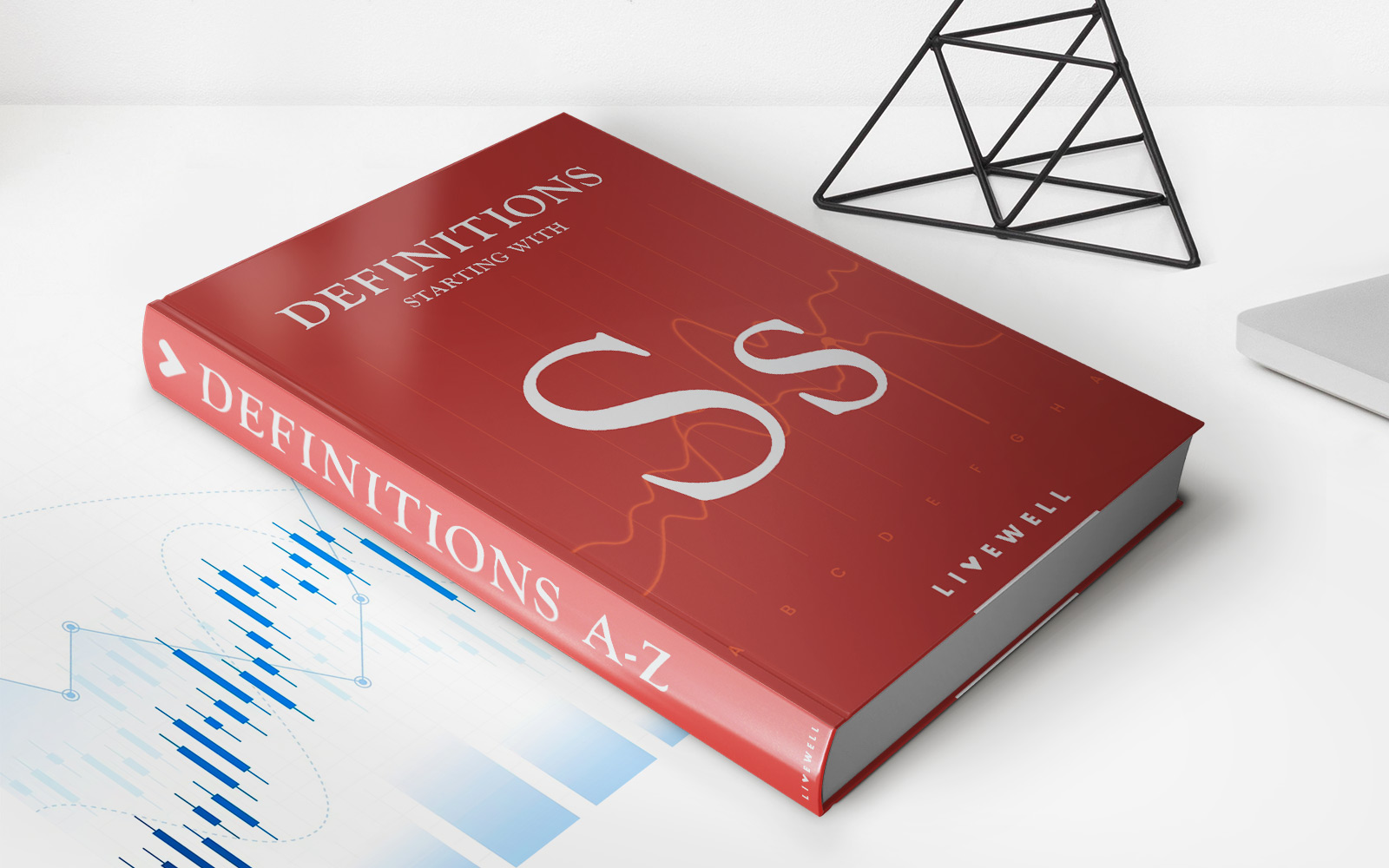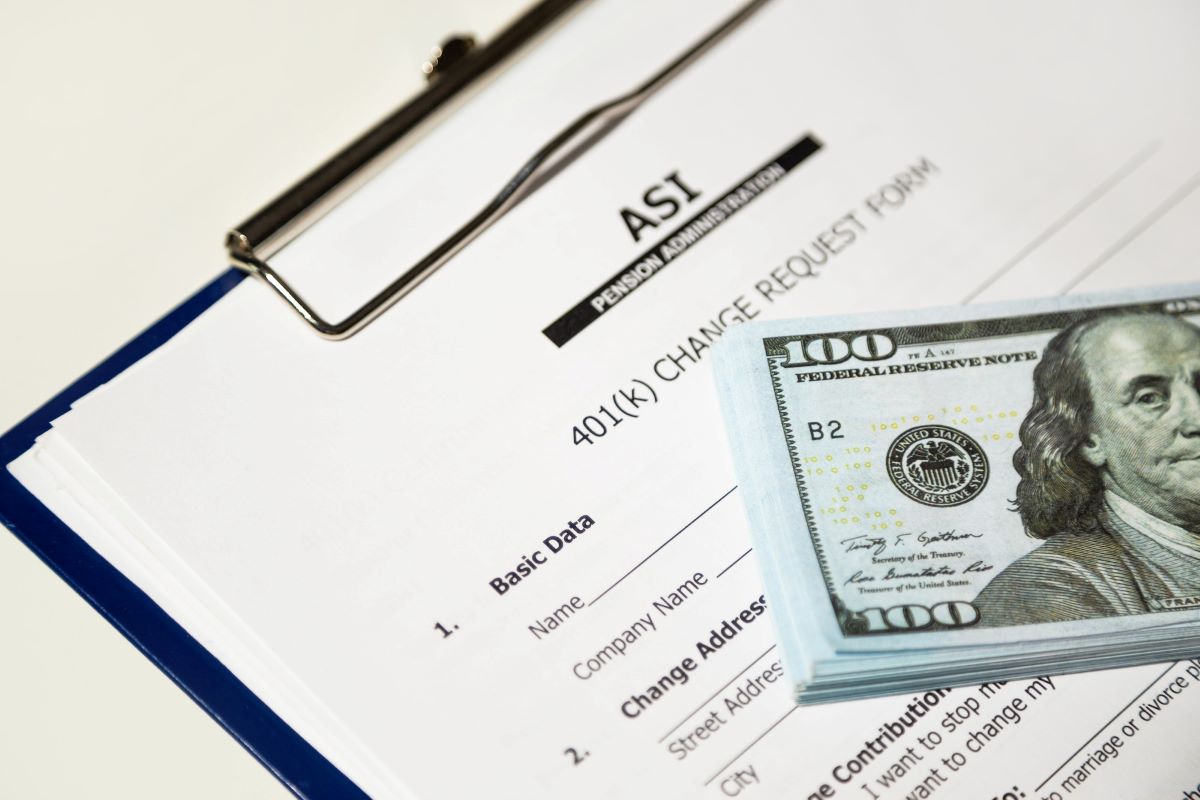Home>Finance>How Much Is Anxiety Medication Without Insurance?
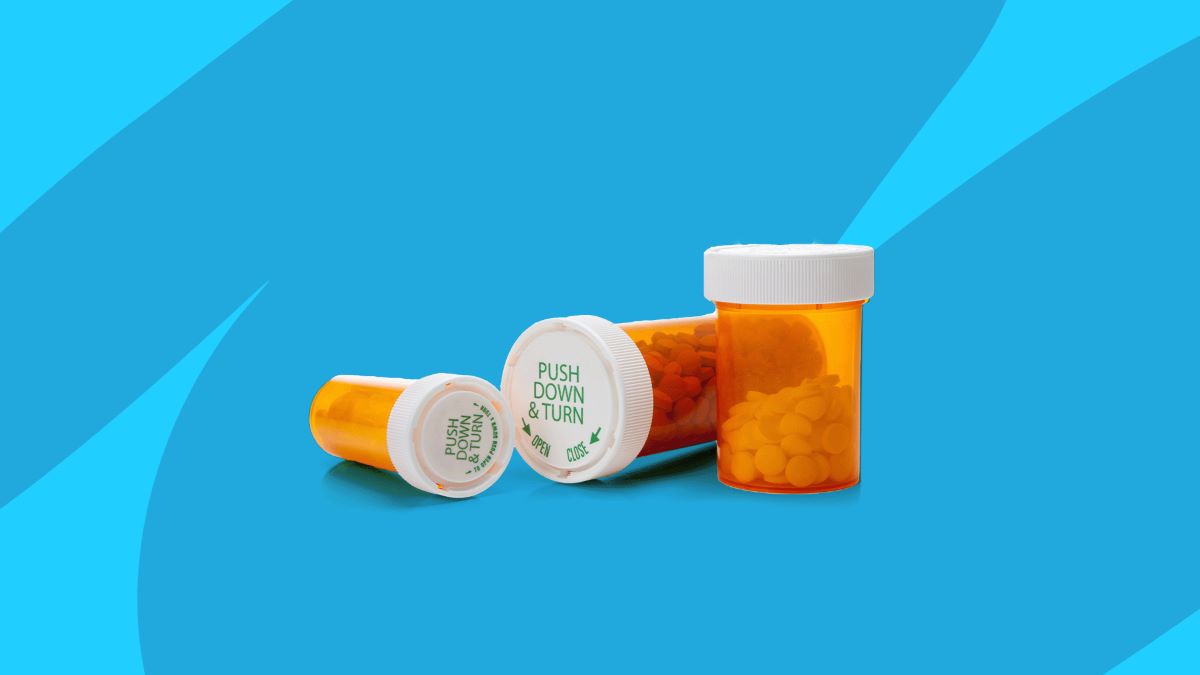

Finance
How Much Is Anxiety Medication Without Insurance?
Published: November 10, 2023
Find out the cost of anxiety medication without insurance and explore affordable financing options for your treatment. Take control of your mental health without breaking the bank.
(Many of the links in this article redirect to a specific reviewed product. Your purchase of these products through affiliate links helps to generate commission for LiveWell, at no extra cost. Learn more)
Table of Contents
- Introduction
- Factors Influencing the Cost of Anxiety Medication without Insurance
- Pricing Comparison of Different Anxiety Medications without Insurance
- Generic vs. Brand Name Anxiety Medication: Cost Comparison
- Strategies to Reduce the Cost of Anxiety Medication without Insurance
- Available Assistance Programs for Individuals without Insurance
- Conclusion
Introduction
Dealing with anxiety is a common struggle that many individuals face on a daily basis. For those who require medication to manage their anxiety symptoms, the cost of medication can pose a significant financial burden, especially for those without insurance. When it comes to anxiety medication, the price can vary depending on several factors, including the type of medication, the dosage, the duration of treatment, and the pharmacy you choose. In this article, we will explore the cost of anxiety medication without insurance and provide strategies to help reduce the financial burden.
It is important to note that the cost of anxiety medication without insurance can be considerably higher compared to those with insurance coverage. Without the benefit of insurance negotiations and discounts, individuals may face the full retail price of medications, which can be a significant barrier to access for many. However, there are options available to help mitigate these costs and ensure that individuals can still receive the necessary treatment for their anxiety.
In the following sections, we will examine the various factors that influence the cost of anxiety medication without insurance. We will also compare the pricing of different anxiety medications and explore the cost difference between generic and brand name medications. Furthermore, we will provide strategies to help reduce the cost of anxiety medication without insurance and highlight available assistance programs for individuals facing financial hardship.
Managing anxiety is essential for maintaining a high quality of life, and access to affordable medication plays a crucial role in achieving this goal. By understanding the factors influencing medication costs and exploring cost-saving strategies and resources, individuals can navigate the financial challenges associated with anxiety treatment without compromising their well-being.
Factors Influencing the Cost of Anxiety Medication without Insurance
The cost of anxiety medication can vary significantly depending on several factors. When it comes to purchasing medication without insurance coverage, understanding these factors can help individuals make informed decisions and better manage their expenses. Here are some key factors that influence the cost of anxiety medication without insurance:
- Type of Medication: The specific type of anxiety medication prescribed can greatly affect its price. Different medications have varying manufacturing processes, research and development costs, and market demand, which can impact their overall cost. Certain medications may be more costly due to their popularity or limited availability.
- Dosage and Duration of Treatment: The recommended dosage and duration of treatment will also play a role in the cost of anxiety medication. Higher dosages or longer treatment periods may require a larger quantity of medication, leading to increased costs.
- Pharmacy and Location: The choice of pharmacy can influence the price of anxiety medication. Different pharmacies may have varying pricing structures and discounts. Additionally, the location can also impact medication costs, as prices may differ between regions or cities.
- Prescription Discount Programs: Some pharmacies and pharmaceutical companies offer prescription discount programs. These programs can help individuals without insurance access medication at reduced prices. It is worth exploring such programs to find potential cost savings.
- Generic vs. Brand Name: Generic medications are typically more affordable compared to brand name versions. Generic drugs contain the same active ingredients as their brand name counterparts but are manufactured by different companies. Choosing generic anxiety medication can significantly reduce costs without compromising effectiveness.
- Medication Formulation: Anxiety medications are available in various formulations, such as tablets, capsules, or extended-release formulations. Different formulations may have different prices due to variations in manufacturing processes or patent protections.
- Market Competition: The presence of generic alternatives or multiple brand name options within a specific class of anxiety medications can lead to increased competition in the market. This competition may drive down prices, making certain medications more affordable.
By considering these factors, individuals can gain a better understanding of the cost implications associated with anxiety medication. This knowledge can help them make informed choices when it comes to selecting medication and exploring cost-saving options.
Pricing Comparison of Different Anxiety Medications without Insurance
When it comes to managing anxiety, there are various medications available to help individuals alleviate their symptoms. However, the prices of these medications can vary significantly. It is important to compare the pricing of different anxiety medications to find the most affordable option without insurance coverage. Here is a list of commonly prescribed anxiety medications along with their approximate prices without insurance:
- Escitalopram (Lexapro): This selective serotonin reuptake inhibitor (SSRI) is commonly prescribed for anxiety disorders. The approximate price for a month’s supply of generic Lexapro without insurance can range from $10 to $40.
- Sertraline (Zoloft): Another popular SSRI used to treat anxiety, generic Zoloft generally costs between $10 and $30 for a month’s supply without insurance.
- Alprazolam (Xanax): This benzodiazepine medication is often prescribed for short-term anxiety relief. The generic form of Xanax can range from $10 to $30 for a 30-day supply.
- Diazepam (Valium): Valium is another benzodiazepine commonly used for anxiety. The generic version of Valium can cost between $10 and $40 for a month’s supply without insurance.
- Buspirone (Buspar): Buspar is a non-benzodiazepine medication used for long-term treatment of anxiety. The generic version of Buspar generally ranges from $10 to $30 for a month’s supply without insurance.
It is essential to note that these prices are approximate and can vary based on factors such as the pharmacy and location. Additionally, different dosages may have slightly different costs. It is advisable to consult with a healthcare professional and discuss medication options, including their prices, to make an informed decision.
While generic versions of these medications tend to be more affordable, it is crucial to consult with a healthcare provider before switching to a generic alternative. They can guide you on the suitability and efficacy of different medications, ensuring you receive the best treatment for your anxiety.
Furthermore, it is worth mentioning that prices can be influenced by ongoing promotions, discounts, or special offers from pharmacies or drug manufacturers. It is recommended to research local pharmacies, utilize prescription discount programs, and explore any available cost-saving options to further reduce the expense of anxiety medication without insurance.
By comparing the pricing of different anxiety medications and considering the affordability of generic alternatives, individuals can make informed decisions about their treatment plans while effectively managing the cost of medication without insurance coverage.
Generic vs. Brand Name Anxiety Medication: Cost Comparison
When it comes to purchasing anxiety medication, individuals often have the option to choose between generic and brand name versions. Generic medications are approved by regulatory authorities as therapeutically equivalent to their brand name counterparts. However, they are typically cheaper because they do not carry the same brand recognition or marketing costs. Understanding the cost difference between generic and brand name anxiety medication can help individuals make informed choices without insurance coverage.
Generic medications are widely available for various anxiety disorders and can provide significant cost savings. The cost of generic anxiety medication without insurance is generally lower compared to brand name medications. For example, the generic version of escitalopram (Lexapro) is typically priced between $10 and $40 for a month’s supply, while the brand name Lexapro can cost $100 or more for the same quantity.
It is important to remember that generic medications contain the same active ingredients as their brand name counterparts and undergo rigorous testing to ensure their safety and effectiveness. The only significant difference lies in the formulation and appearance of the medication, such as the shape, size, and color of the pills.
While generic medications are a cost-effective option, it is essential to discuss with a healthcare professional to ensure suitability and efficacy. In some cases, individuals may have specific requirements or respond better to brand name medications. Healthcare providers can provide guidance on the available options and help determine the most appropriate choice for each individual’s unique circumstances.
Additionally, it is worth noting that certain brand name medications may also have patient assistance programs or manufacturer discounts available. These programs may help reduce the cost of brand name medications for individuals without insurance. It is advisable to research and inquire about such programs directly through the pharmaceutical company’s website or by contacting their customer service.
Ultimately, the decision between generic and brand name anxiety medication depends on various factors, including personal preferences, financial constraints, and healthcare provider recommendations. By considering both options, individuals can strike a balance between cost savings and ensuring effective management of their anxiety symptoms.
Remember, regardless of whether you choose generic or brand name medication, it is essential to follow your healthcare provider’s instructions and continue with regular check-ups to monitor your progress and make any necessary adjustments to your medication regimen.
Strategies to Reduce the Cost of Anxiety Medication without Insurance
For individuals without insurance coverage, the cost of anxiety medication can be a significant financial burden. However, there are several strategies that can help reduce the cost and make medication more affordable. By implementing these strategies, individuals can access the necessary treatment for their anxiety without straining their budgets. Here are some effective strategies to consider:
- Compare Prices: Prices for anxiety medications can vary between different pharmacies. Take the time to compare prices at various local and online pharmacies to find the best deal. Online price comparison tools and websites can be helpful in this process.
- Utilize Prescription Discount Programs: Many pharmacies and drug manufacturers offer prescription discount programs or loyalty cards that can provide significant savings on the cost of medication. These programs may include discounts, rebates, or other cost-saving incentives. Be sure to inquire about such programs and take advantage of the savings they offer.
- Switch to Generic Medications: Consider switching to generic versions of your prescribed anxiety medication. Generic drugs have the same active ingredients and are equally effective as their brand name counterparts but are generally more affordable. Discuss this option with your healthcare provider to ensure it is suitable for your specific needs.
- Consider Pill Splitting: If your medication allows, ask your healthcare provider or pharmacist if you can split higher-dose tablets to achieve a lower dosage. This can effectively reduce the cost by obtaining more doses from a single prescription.
- Explore Patient Assistance Programs: Some pharmaceutical companies have patient assistance programs that provide free or discounted medication to individuals who cannot afford their prescribed medication. These programs typically have specific eligibility criteria, so it is essential to review and apply if you meet the requirements.
- Talk to Your Healthcare Provider: Openly discuss your financial situation with your healthcare provider. They may be able to suggest alternative, cost-effective treatment options or provide samples of medications to help you manage your anxiety without incurring high costs.
- Consider Mail-Order Pharmacies: Mail-order pharmacies can often offer medication at lower prices compared to traditional brick-and-mortar pharmacies. Look for reputable mail-order pharmacy options and compare their prices with local pharmacies to determine the most cost-effective choice.
Remember, before implementing any cost-saving strategies, always consult with your healthcare provider. They can provide guidance on the best course of action, ensuring that you continue to receive appropriate treatment for your anxiety.
By being proactive, exploring various cost-saving strategies, and taking advantage of available assistance programs, individuals without insurance can mitigate the financial burden associated with anxiety medication, making it more accessible and affordable for their needs.
Available Assistance Programs for Individuals without Insurance
For individuals without insurance coverage, accessing affordable anxiety medication can be challenging. However, several assistance programs and resources are available to help alleviate the financial burden and ensure access to vital medications. These programs aim to support individuals who are unable to afford the full cost of their prescribed medication. Here are some available assistance programs to consider:
- Prescription Assistance Programs: Some pharmaceutical companies offer prescription assistance programs that provide free or discounted medication to individuals who meet specific eligibility criteria. These programs are often designed for individuals with low incomes or those who cannot afford the full cost of their medications.
- State and Local Programs: Many states and local governments have programs in place to provide healthcare and prescription assistance to individuals without insurance coverage. These programs may include discounted medication programs, low-income healthcare assistance, or community-based clinics that offer free or reduced-cost services.
- Non-profit Organizations: Certain non-profit organizations focus on assisting individuals who cannot afford their medication. These organizations may provide financial assistance, copayment assistance, or medication vouchers to help cover the cost of anxiety medication.
- Pharmacy Discount Cards: Pharmacy discount cards are available through various organizations and can help individuals access medications at lower prices. These cards, which are typically free of charge, provide discounts on prescription medications at participating pharmacies.
- Patient Advocacy Groups: Patient advocacy groups and organizations dedicated to mental health can sometimes offer resources and support for individuals in need of affordable anxiety medication. They may have information on available assistance programs or be able to guide individuals to relevant resources.
- Manufacturer Prescriptions Savings Programs: Drug manufacturers often have savings programs in place to help individuals afford their medications. These programs may offer discounts, coupons, or patient assistance for eligible individuals who meet specific criteria.
- Medication Assistance Foundations: There are foundations and programs that specifically assist individuals who require medication but are financially unable to afford it. These foundations can provide financial assistance or connect individuals with resources to help them access the necessary medication.
It is important to research and explore these assistance programs to determine eligibility and understand the application process. Each program may have specific criteria and requirements. Healthcare professionals, social workers, or patient advocates can also provide valuable guidance and support in navigating these programs.
Remember to plan ahead and apply for these assistance programs as soon as possible, as some programs may have limited funding or application deadlines. By taking advantage of these available resources, individuals without insurance can secure the necessary anxiety medication at a reduced cost or sometimes even for free, ensuring they receive the treatment they need to manage their condition effectively.
Conclusion
Managing anxiety can be a challenging journey, made even more difficult without insurance coverage for medication. However, by understanding the factors that influence the cost of anxiety medication without insurance and implementing cost-saving strategies, individuals can navigate these challenges and access the necessary treatment without breaking the bank.
Factors such as the type of medication, dosage, pharmacy choice, and availability of generic options can all influence the price of anxiety medication. By comparing prices and exploring prescription discount programs, individuals can find more affordable options. Additionally, considering generic medications can significantly reduce costs without compromising efficacy.
Furthermore, individuals without insurance coverage can benefit from available assistance programs. Prescription assistance programs, state and local programs, pharmacy discount cards, and non-profit organizations can provide financial support and connect individuals to resources that make anxiety medication more accessible.
It is important for individuals to discuss their financial situation with healthcare providers and take advantage of available resources and cost-saving strategies. Open communication between patients and healthcare providers ensures that individuals receive appropriate and affordable treatment options tailored to their needs.
Acknowledging the financial constraints and exploring available options can help individuals manage the cost of anxiety medication effectively. It is crucial to remember that mental health is a priority, and access to medication should never be compromised due to financial challenges. Seeking guidance from healthcare professionals and utilizing available resources can make a significant difference in managing anxiety and improving overall well-being.
Remember, you don’t have to face the costs of anxiety medication without insurance alone. With research, communication, and proactive efforts, individuals can find the support they need to access affordable medication and continue their journey towards a healthier and happier life.






